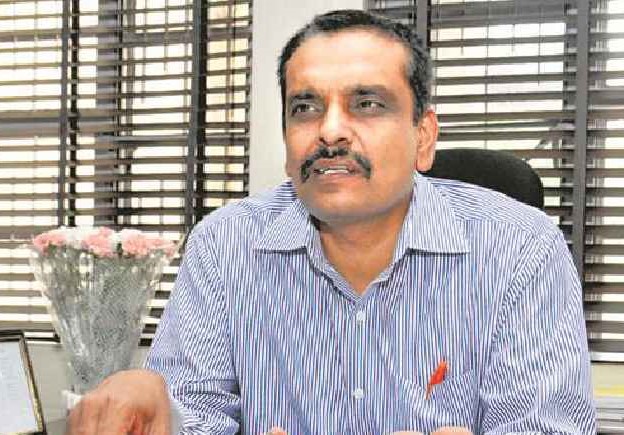 Amritsar MLA and former IPS officer Kanwar Vijay Pratap Singh has once again stirred the political waters of Punjab with his explosive remarks against the state’s administrative machinery. In a bold statement, he accused the so-called “war against drugs” of being nothing less than a massive scam, claiming that many MLAs themselves pass on information to the police, who then misuse it to harass innocent people rather than going after the real culprits. His comments have reignited public debate about the sincerity and direction of Punjab’s anti-drug campaigns, which have long been criticized as politically motivated rather than reform-driven.
Amritsar MLA and former IPS officer Kanwar Vijay Pratap Singh has once again stirred the political waters of Punjab with his explosive remarks against the state’s administrative machinery. In a bold statement, he accused the so-called “war against drugs” of being nothing less than a massive scam, claiming that many MLAs themselves pass on information to the police, who then misuse it to harass innocent people rather than going after the real culprits. His comments have reignited public debate about the sincerity and direction of Punjab’s anti-drug campaigns, which have long been criticized as politically motivated rather than reform-driven.
Speaking further on the issue of corruption, Kanwar Vijay Pratap launched a scathing attack on the functioning of the government, remarking that “the kind of government there is, the same kind of officers are appointed.” He alleged that every department in Punjab is infected with brokers and groups of corrupt officers who control postings and transfers. According to him, when a new officer joins any department, the first people to greet him are these brokers — a stark indication of how deeply institutionalized corruption has become within the system.
Referring specifically to DIG Harcharan Bhullar, who was recently suspended following a CBI action, Kanwar Vijay Pratap said that Bhullar had worked under his supervision in several postings, including Mohali and Ludhiana. He suggested that the money recovered from Bhullar’s residence is merely the tip of the iceberg and that the actual flow of funds reaches far beyond — to senior officers and powerful political figures. “Corrupt officers have the money of leaders, and leaders have the money of corrupt officers,” he declared, summing up what he described as the vicious cycle of political-police collusion that continues to drain Punjab’s governance system.
Kanwar Vijay Pratap’s statements have opened up uncomfortable questions about the credibility of Punjab’s ruling establishment and its police administration. His words echo the frustration of citizens who feel betrayed by a system that promises reform but delivers exploitation. In a state grappling with unemployment, drugs, and economic stagnation, his revelations serve as a reminder that corruption at the top remains the biggest barrier to genuine change.